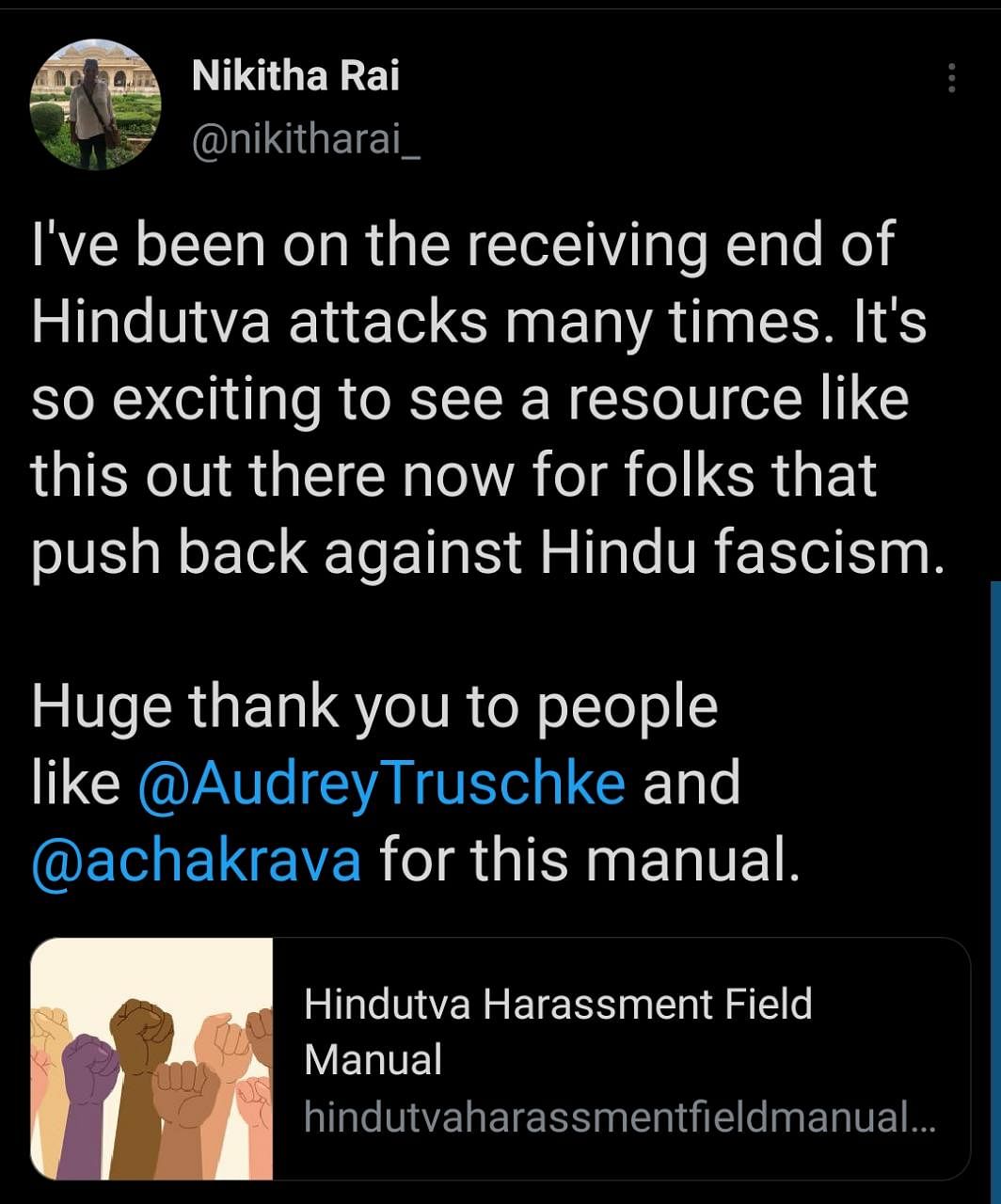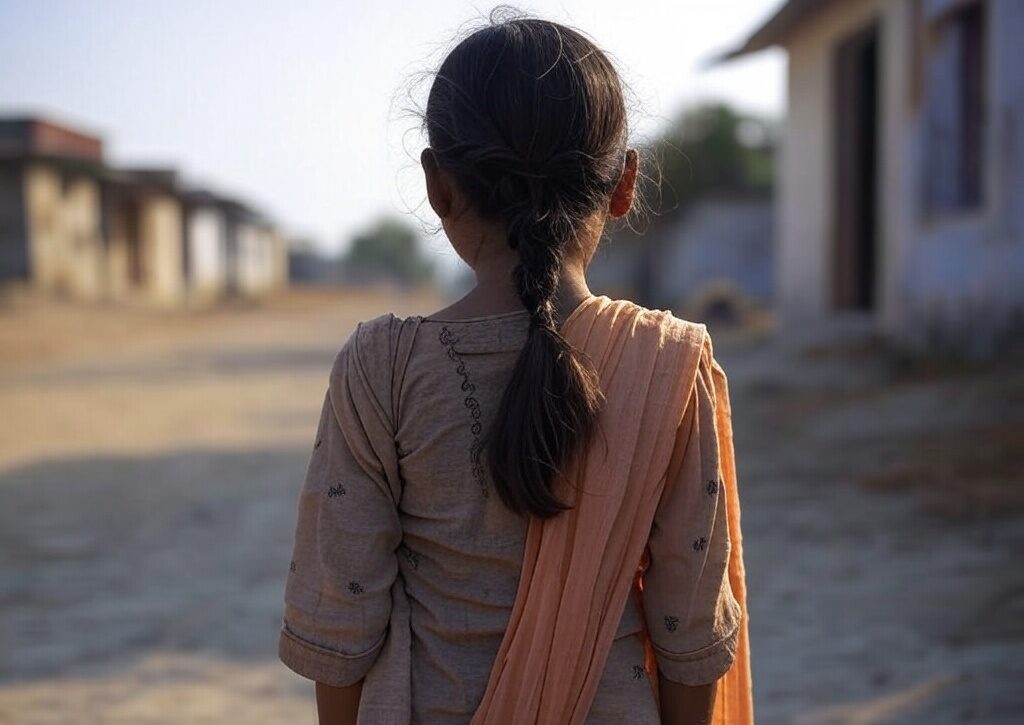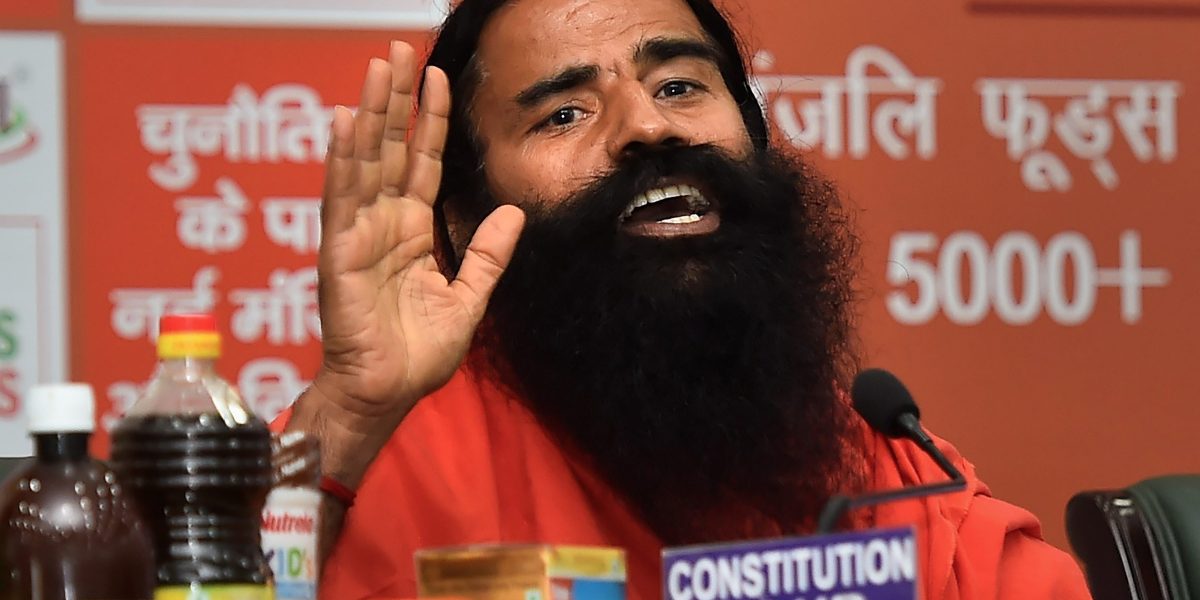
BY SHIVANI MAGO
To curb harassment by Hindutva proponents, the South Asia Scholar Activist Collective has launched an online field manual in early July. It supports “academic freedom”, legal rights of academics, and freedom for discourse.
The dedicated website has been written in collaboration with various Indian American scholars and academics in the field of South Asian studies based in North America and aims at championing “scholarship and diversity”.
Need for a Manual
Any attempt at teaching South Asian or Indian history with a different perspective ends with a flurry of emails in Associate Professor Purnima Dhavan’s inbox. Her efforts to introduce a diversity perspective has often been equated with “Nazism” after she spoke up against the alteration of syllabuses.
She told The Quint:
Prof Dhavan does not believe that history can be taught through a single lens as the emails sent to her “advocated”.
“Teaching history from a diversity of perspectives that include those of religious minority groups in India, Dalits, or women is something to be valued not attacked. Understanding the rich diversity of opinions and practices within Hinduism and also in the diverse faith communities in South Asia and the diaspora is also important, ” she added.
On the immediate need to counter right wing arguments and not accepting them as one of the different perspectives, Prof Supriya Gandhi from Yale University told The Quint, “The Hindutva harassment that we are concerned about is very different from the mere airing of various different views. This harassment, which frequently takes the form of violent and misogynistic threats, aims to intimidate scholars and stifle their work.”
Purpose: Another Toolkit?
The manual aims to provide field assistance to any person who feels that they are a target, whether it’s an employer or student pressurised by right wingers and allies. It provides resources to counter intersectional hate, organised harassment, and to fight for academic freedom using the legal options available.
Fearing Pushback
Authors of the manual, having experienced first-hand bias and harassment, were concerned with increasing harassment due to the creation of the manual. They decided to go ahead with it for the sole purpose of academic freedom. While Prof Dhavan was concerned about self-silencing by students and academics, Prof Sundaram did not want someone else to go through what she had to.
“I had some inhibitions that this would spark more of the same bullying and attacks I had already experienced. I’m not sure I ‘overcame’ them so much as decided that the consequences of not doing anything were too high and this was a necessary resource. Also I didn’t want others to go through what I did in terms of not knowing how to proceed and from where I could seek support,” said Prof Sundaram.
What Hindu Organisations Have to Say
The field manual has generated both positive and negative responses online. While some have appreciated the efforts of the collective and shared their experiences of facing harassment, others have shunned the manual as “bigotry” being transported to India and Indians.

(Screenshot: Twitter/@nikitharai)

twitter/@Chirappuratthu
The Coalition of Hindus of North America (CoHNA), an organisation “dedicated to improving understanding of Hinduism” told The Quint that it believes this manual by the South Asian Collective is an “attempt to silence Hindu voices” and “deflect attention from Hindu phobia and bigotry”.
“Essentially, anyone who questions the methods and professional privilege used by the South Asian Scholar Activist Collective (SASAC) is deemed as ’Hindutva’. It is an epithet used to silence Hindus or indeed any criticism at all,” they added.






